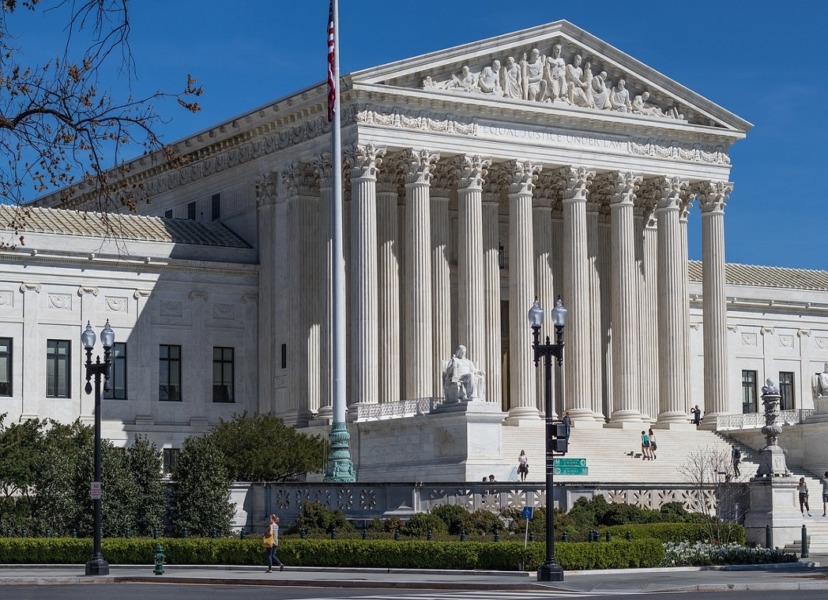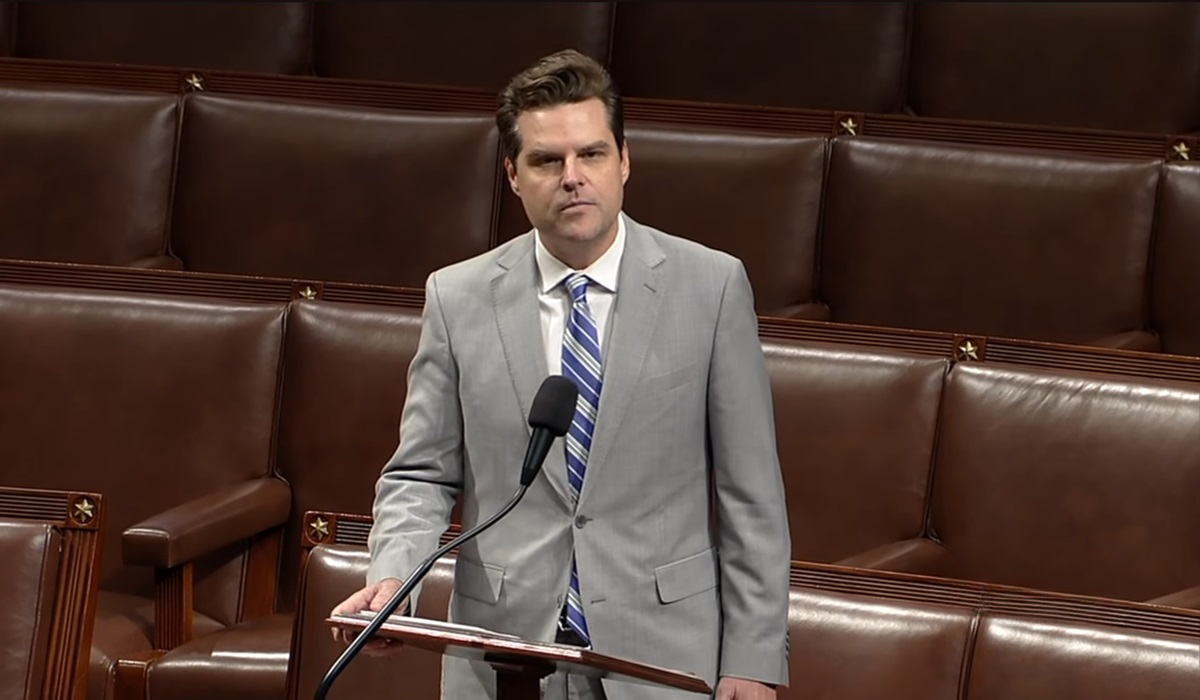Supreme Court’s Ruling Unveils Alabama’s Gerrymandering as a Threat to Black Voters’ Rights
- TDS News
- Breaking News
- Southern USA
- U.S.A
- June 8, 2023

The US Supreme Court, over the years, has systematically gutted the Voting Rights Act of 1965, paving the way for voter suppression by the state legislatures.
In a landmark decision today, the United States Supreme Court voted 5-4 to declare Alabama’s maps redistricting a law violation. This ruling is important, as Alabama, a state with a substantial African American population of approximately one-third, had essentially neglected to account for this demographic when redrawing its state maps. This practice, known as gerrymandering, is not new and has been employed by many states across the US. It too often has the effect of suppressing minority votes or manipulating district lines in favour of the ruling party. Ironically, today’s ruling comes in the wake of previous decisions by the Supreme Court that have undermined voter rights, raising concerns about the court’s commitment to safeguarding democratic principles.
The Supreme Court’s position on voting rights has been subject to intense scrutiny in recent years. In June 2013, the court struck down a key provision of the Voting Rights Act of 1965 in the case of Shelby County v. Holder. The provision required certain states, including Alabama, with a history of racial discrimination in voting, to obtain federal preclearance before making any changes to their voting laws. The court’s decision effectively weakened the protections afforded by the Act and opened the door for states to enact voter suppression measures.
In July 2021 and 2022, the court further eroded voting rights in the cases of Brnovich v. Democratic National Committee and Arizona Republican Party v. Democratic National Committee, respectively. These decisions upheld restrictive voting laws, including provisions that disproportionately affected minority voters. The court’s conservative justices played a decisive role in these rulings, highlighting a stark ideological divide within the court.
The connection between partisan ideology and gerrymandering becomes apparent when examining the voting patterns of justices appointed by presidents from different parties. Justices appointed by Democratic presidents have generally demonstrated a greater inclination to support civil rights for voters, while conservative justices have tended to take a different stance. This correlation is not coincidental and contributes to the persistence of gerrymandering and its impact on minority representation.
It is worth noting that cases challenging civil rights at the state level are often brought to the courts by states predominantly controlled by Republicans. This strategic approach gives them the power to shape congressional districts despite the significant presence of minority communities. Pursuing political advantage through gerrymandering undermines the principles of fair representation and equal voting rights.
Finding a solution to the problem of gerrymandering is challenging, given the allure of political power and the lengths to which some will go to acquire it. Merely relying on a court composed of liberal-leaning justices is not a foolproof solution, as individuals in power who do not value voter rights or equality still exist. Addressing gerrymandering requires a multifaceted approach that combines legislative efforts, grassroots activism, and public awareness.
One potential solution is the implementation of independent redistricting commissions, which remove the power of drawing district lines from partisan politicians and place it in the hands of impartial bodies. Several states have adopted this approach, leading to fairer and more representative maps. However, achieving widespread adoption of such commissions remains a formidable challenge.
The US Supreme Court’s ruling against Alabama’s gerrymandering practices is significant in the fight for voter rights and fair representation. However, the court’s mixed track record on voting rights decisions raises concerns about its commitment to protecting these fundamental democratic principles.
Gerrymandering persists as a tool those in power use to manipulate electoral outcomes, disproportionately impacting minority communities. It is crucial to explore comprehensive solutions to address this issue, including establishing independent redistricting commissions and continued advocacy for fair representation. Ultimately, safeguarding voter rights and combating gerrymandering requires a collective effort to ensure a more equitable democratic process.








